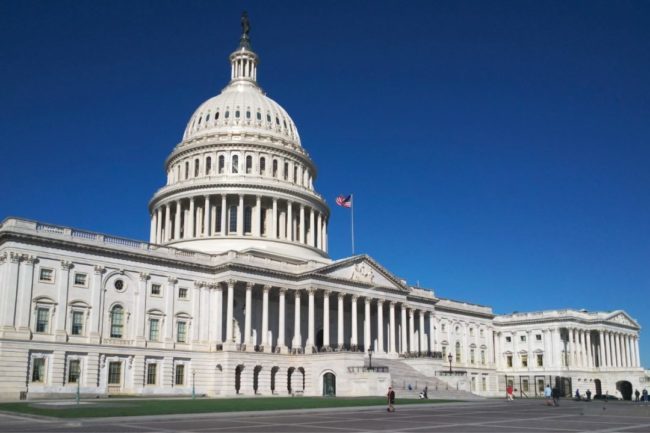WASHINGTON— Bipartisan legislation was introduced on March 29 to raise the civil monetary penalties for companies violating child labor laws.
Rep. Hillary Scholten (D-Mich.) and Rep. Nancy Mace (R-SC) introduced the Justice for Exploited Children Act.
"We can do so much more to make sure children are protected from exploitation in the workforce, and so I'm doing it," Scholten said. "These civil penalties have not been changed since the laws were first established in 1938. We've crafted this bill in a simple, focused way so that it can hopefully get quick passage and immediately be used as a tool for protecting kids. This is not a controversial piece of legislation, it is a commonsense, bi-partisan one–and I'm committed to taking it to the finish line."
Violations of the Fair Labor Standards Act currently sit at $15,128 and can go up to $68,801 with a serious injury or death.
The proposed law would increase the maximum violation of child labor standards to $132,270. The minimum penalty would be $5,000.
If an incident involving a child's death a company could face a $601,150 fine.
"It is our responsibility to protect children and ensure they are not subjected to the exploitation of child labor," Mace said. "The current penalty is not enough of a deterrence, and we must send a strong message which shows the exploitation of children will not be tolerated in any form."
Since the beginning of 2023, the Department of Labor (DOL) has investigated several violations of child labor laws.
Packers Sanitation Services Inc. (PSSI) was fined $1.5 million after the department found that at least 102 workers from 13 to 17 years of age were cleaning meatpacking plants.
DOL also cited Marksbury Farm Foods LLC in Kentucky in February for child labor violations.
Earlier this month, the Minnesota Department of Labor and Industry (DLI) accused meat processor Tony Downs Food Co. of employing minors in hazardous jobs at its plant.
Incidents of child labor in many other industries were also uncovered during an investigation by The New York Times, which was cited by Scholten as another reason for the legislation.


